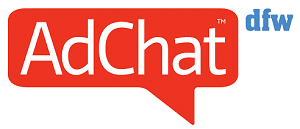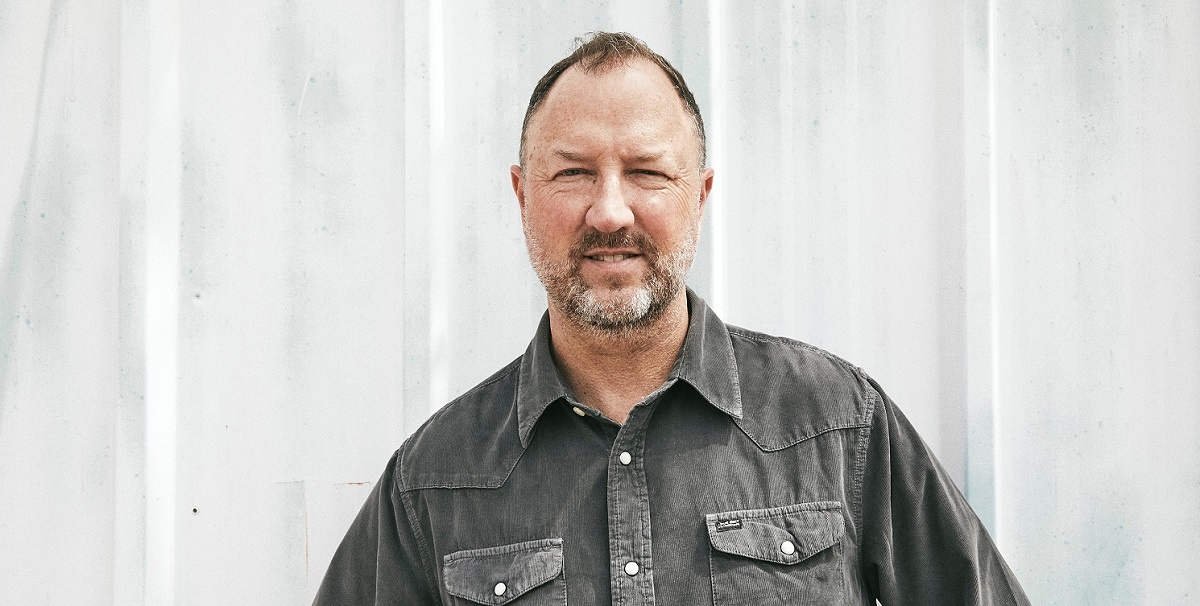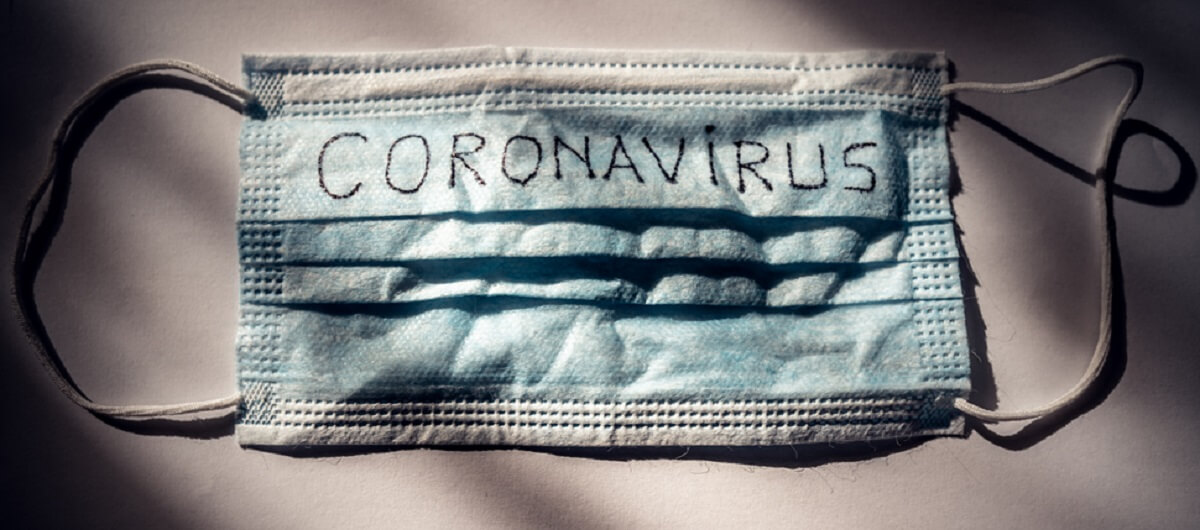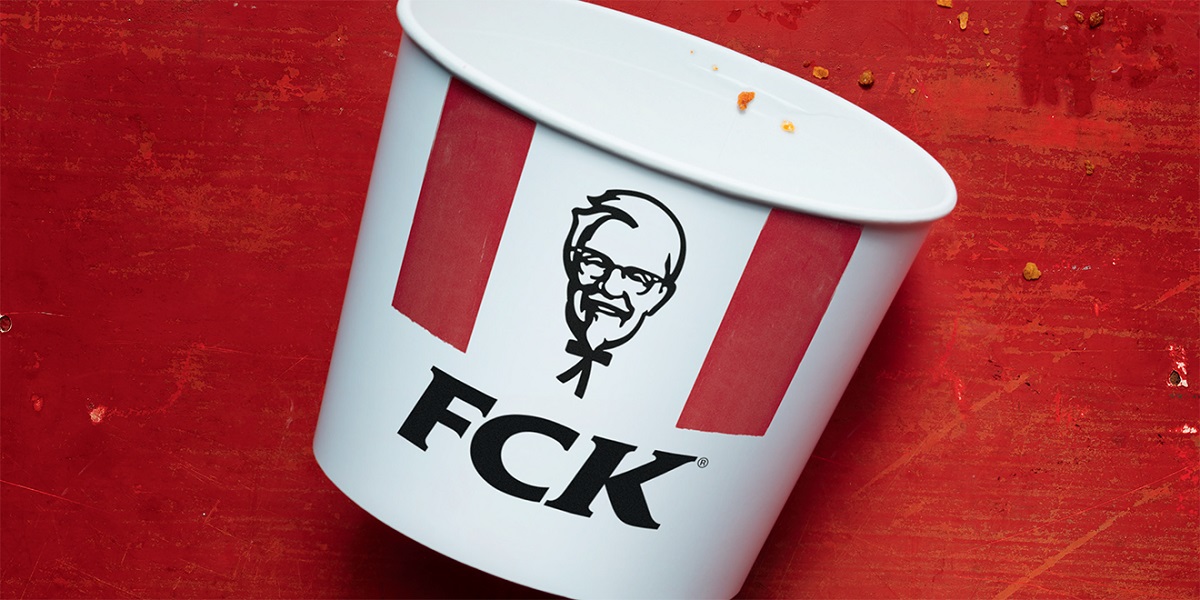By Erik Herskind, CEO of GoDo Discovery Co.
As news spread recently about the Droga5 acquisition by Accenture Interactive, it surprised me how surprised the industry’s reaction was to this move. For years, we ad industry execs have watched consulting companies change the way they approach providing services, keeping a close eye on how they work with their (and our) clients’ marketing teams. And while the kind of assignments consulting companies began to secure more frequently encroached into ad agency work, at the end of the day we all told ourselves, “Don’t worry, consultants can’t creatively execute what they are recommending to their clients … We’re safe.”
It’s time for our industry to wake up. That may be what most ad execs have told themselves, but that’s not really where this industry is headed (or has been headed for quite some time). Which is why ad land’s reaction to Droga5 should be more like a wake-up call for agencies still mired in old thinking. (I can’t claim to be a fan of Publicis’ purchase of Epsilon—a tit-for-tat effort by an industry giant to show the consultancies it can buy into their turf.).
Great brands know exactly who they are and what they stand for. It’s what separates them from the rest. Nike, Starbucks, Amazon and Apple immediately come to mind, of course. But for every one of these brands, there are hundreds more that struggle to know who they are. What’s their brand truth? It’s up to agencies to remember that this is what we do best. Because if we don’t, consultants will take away from us one of our singular strengths.
The days of disruptive advertising are gone—that much is obvious. You know, the jarring-radio-ad-for-a-used-car-dealership kind of disruptive advertising. Expectations of brands from consumers have never been higher, thanks to their empowerment by technology. And yet agencies on the whole continue to rely on using tired playbooks to frame brand messaging.
I’m a huge believer in the power of the right creative message to evoke action and reaction. It’s why I love my job—and advertising as a whole. But a creative message alone is simply not enough. Which helps to explain why we will see more consulting/agency alliances in the near future. The consultative clout powering strong creative, and the ability of creative to express some of the truths unearthed consultancies—it’s a heady combination.
So where does this leave agencies? Or rather, how do agencies bring forward their value in this new world where consultancies learn, absorb or acquire enough of the creative discipline to do it themselves? An example I like to share comes from our friends in Austin at McGarrah Jessee. When the agency’s client Yeti began mapping out plans for a flagship (and first ever) retail store, the creative forces at the agency came up with the brilliant idea to create a brand experience – part museum, part store – to bring the brand to life. Yes, this was a creative concept at its core, but it’s interesting to view this through the lens of a consultant, who would have likely advised Yeti against opening a retail store. Ultimately, the agency created a brand experience (and story) that’s been incredibly well received. Even better, it certainly doesn’t sound like your classic agency assignment of yesteryear.
So, don’t be shocked, fellow agencies. Redouble your efforts to get to the bottom of your client’s brand truth, using all the smarts you have. Then bring it to life through the very best creative ideas you’ve got. Don’t limit yourself. Create a museum, build a racing yacht, make a TV show. Just don’t sit there and let the consultancies pass you by.









